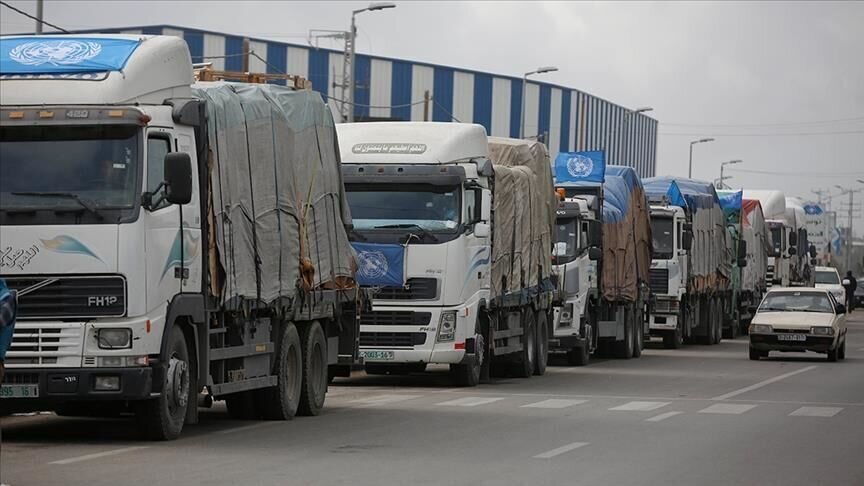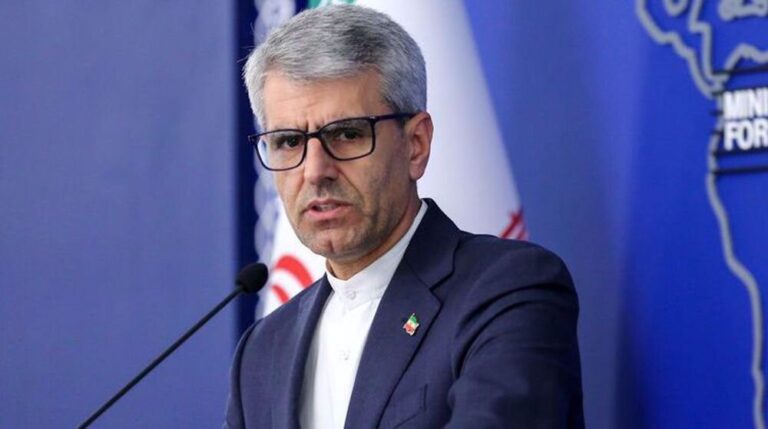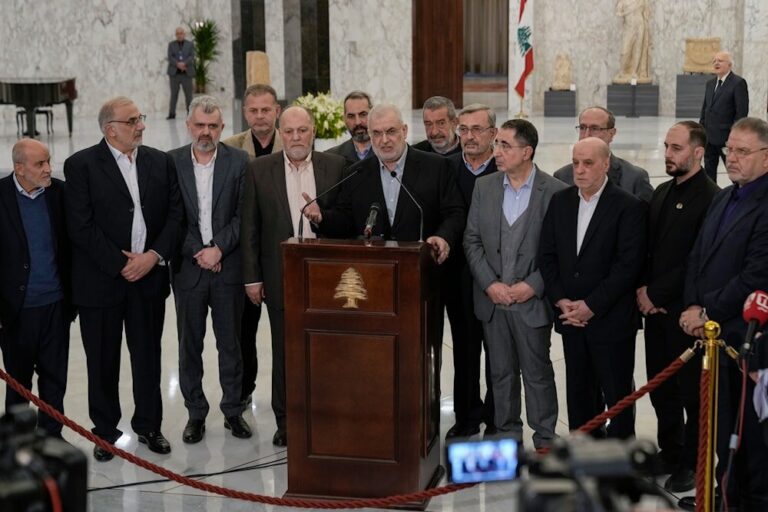Israel Greenlights Over 800 Aid Trucks for Crucial Humanitarian Relief in Gaza
The recent developments in Gaza highlight the ongoing humanitarian crisis and the complexities of the ceasefire agreement between Hamas and Israel. According to reports from the Palestinian Sama news agency, the Israeli regime has allowed trucks carrying much-needed aid to enter Gaza after a period of tension and uncertainty.
This decision comes in the wake of warnings from Hamas, the governing body of the Gaza Strip, about potential delays in the release of three Israeli prisoners. These delays are attributed to Israel’s ongoing violations of the ceasefire agreement, which was intended to stabilize the situation in the region.
On Monday, Abu Obeida, the spokesperson for Hamas’ al-Qassam Brigades, expressed grave concerns regarding the Israeli military’s actions. He stated that:
- The Israeli military is “delaying the return of the displaced to the northern Gaza Strip.”
- Residents are being targeted with shelling and gunfire across various parts of the Strip.
- Relief supplies of all kinds are not being allowed to enter as per the terms of the ceasefire agreement.
The backdrop to these tensions is the war that Israel launched on the Gaza Strip in October 2023. After 15 months of conflict, a ceasefire was established on January 19. However, the situation remains dire. According to figures from Gaza’s Health Ministry, since the ceasefire took effect, at least 118 Palestinians have been killed and 822 others have been wounded due to ongoing Israeli strikes.
Under the terms of the ceasefire agreement, it was stipulated that approximately 600 aid trucks would be allowed to enter Gaza each day to address the critical humanitarian needs of the population. However, the implementation of this agreement has faced numerous challenges, raising concerns about the effectiveness of the ceasefire and the humanitarian situation on the ground.
The plight of the people in Gaza continues to draw international attention, with many humanitarian organizations urging for a more robust response to alleviate the suffering caused by the conflict. The delay in aid delivery and the continued hostilities underscore the fragility of the ceasefire and the urgent need for a lasting resolution.
In light of these developments, the role of international mediators becomes increasingly crucial. They must work diligently to ensure that both sides adhere to the terms of the ceasefire agreement and prioritize the well-being of civilians. The ongoing challenges faced by humanitarian organizations in delivering aid to those in need highlight the complexities of the situation.
As the situation evolves, it is imperative for the international community to remain vigilant and engaged. The humanitarian needs in Gaza are immense, and immediate action is necessary to prevent further loss of life and suffering. The ceasefire agreement must be respected, and all parties involved should be held accountable for their actions.
In conclusion, the recent decision by the Israeli regime to allow aid trucks into Gaza is a positive step, but it is far from sufficient. The ongoing violence and the humanitarian crisis demand a comprehensive approach that addresses the root causes of the conflict. Only through sustained dialogue and cooperation can there be hope for a peaceful resolution and the restoration of normalcy for the people of Gaza.
As we continue to monitor the situation, it is crucial to advocate for the rights of those affected by the conflict and to support initiatives aimed at delivering aid and fostering peace in the region.






